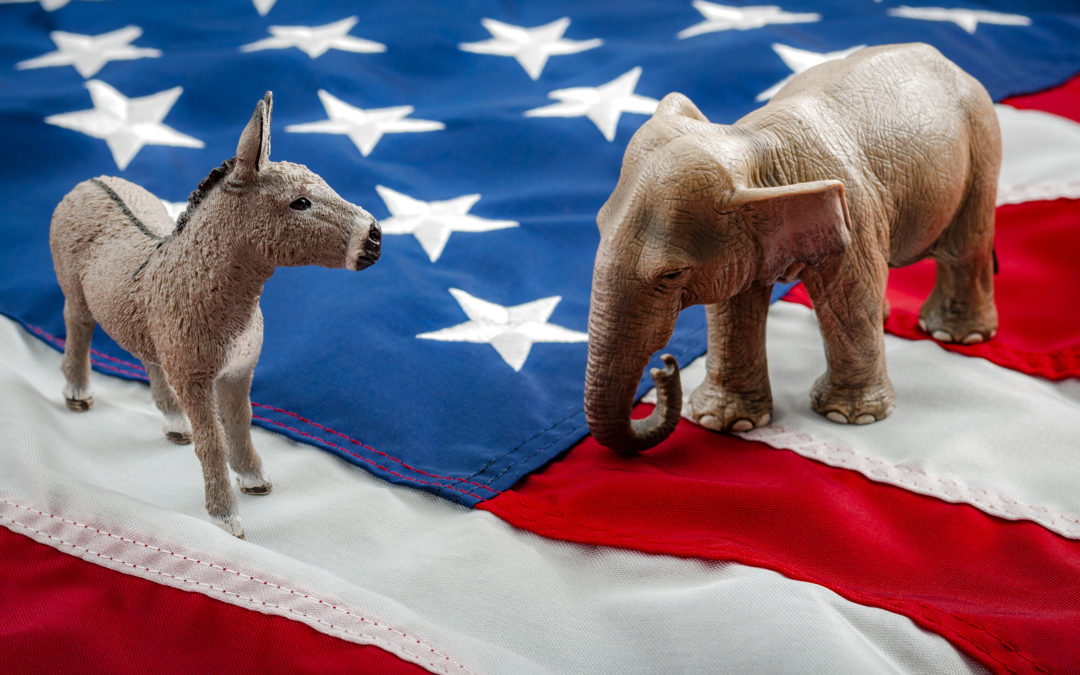Whether you live in the United States or not, I’m sure you’ve witnessed the internal political turmoil we’ve been facing. Instead of a unified country, it seems everyone has taken a “side”. This polarization has made even the simplest initiatives within our country growingly complex.
Both “sides” point and assign blame to nuances as to the difficulty of re-uniting.
The truth is, and any coach can tell you this, the solution to rebuilding a championship franchise is discovered with a return to the basics.
While everyone has the right to have different stances on complex issues, it’s important not to forget that these stances should come from a foundation of respect, compassion, and truly educated insight.
Work hard, revere your family, support your community. Treat others the way you want to be treated. The basics truly deliver greatness.
As I mentioned, great coaches understand the importance of the basics.
Legendary NCAA basketball coach, John Wooden believed in the foundational basics so much he spent time with new recruits teaching them skills as simple as how to best put on their socks in order to avoid blisters.
He knew that for his players to operate together within the complexity and adversity of competition, they needed strong fundamentals.
If you’re a coach to young children, you have an unmatched opportunity to instill not only the fundamentals of movement, but of character as well.
How are you extending your positive influence as a coach outside of the time you have with your athletes?
This is one of the first questions I ask coaches who are looking to increase the success of their programs. What I’ve come to find is that while coaches are well intentioned, much of their influence on their athletes’ character is merely implied.
“I create challenges and encourage them to work hard while we’re training. I tell them to work hard at home too. It’s all about mental toughness”
It’s true that we as coaches are shaping character by merely providing challenges and encouragement while we’re with kids. Great coaches, however, include the metric of how they are directly impacting kids’ behavior when they are not with them.
Consider the concept of “mental toughness”.
I’ve always believed that developing mental toughness lies outside of merely having my athletes do hard things. After all, they’re doing these hard things because I’m making them do them. They’re doing what I say because they don’t want to be embarrassed or feel inferior to others who are able to complete the challenge.
To me, this highlights obedience more than it does mental toughness.
Completing a challenge amongst these external demands does require the recruitment of different attributes of character. However, displaying character in order to avoid acute embarrassment is relatively low on the overall development spectrum.
Doing 50 extra push-ups at the end of a training session under my command is hard. Taking a deep breath and thinking before you act when you’re at home is way harder.
Which of the above displays a deeper development of fundamental character?
Which ultimately contributes to a champion- caliber sense of personal accountability?
How are you helping facilitate the development of character and accountability outside of training? Think simple. It’s all about the basics. What can you get your young athletes to do at home that their parents can’t?
Something as simple as setting an expectation that the kids you work with keep their bed made or room clean can begin to instill a sense of accountability outside of training. Check in with their parents each training session and make this part of their ability to progress to different levels of training.
Saying thank you to parents and front desk staff and/or having each athlete share something good another athlete did prior to leaving a training session can pay huge character dividends over time.
Yes, you as the coach are still creating the expectation. However, your athletes learn to take action outside of your direct watchful eye. They see the impact of their actions outside of the realm of physical competition and begin to develop a personal sense of character accountability.
This is the foundation from which champions elevate when a game, relationship, or opportunity is on the line.
For a better team, program, country, and world, I challenge you to extend your positive influence as a coach helping your athletes return to the basics of being a champion human.
Let’s rebuild the franchise.
Brett Klika CEO and co-founder of SPIDERfit is an international award- winning certified strength and conditioning coach, author, and motivational speaker with over 20 years experience motivating and inspiring youngsters to a life of health, fitness, and performance.
Brett consults with schools, athletic organizations, fitness professionals, and fortune 500 companies around the world.





Connect with SPIDERfit!